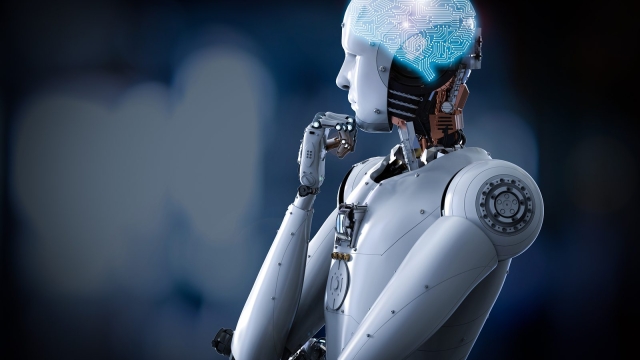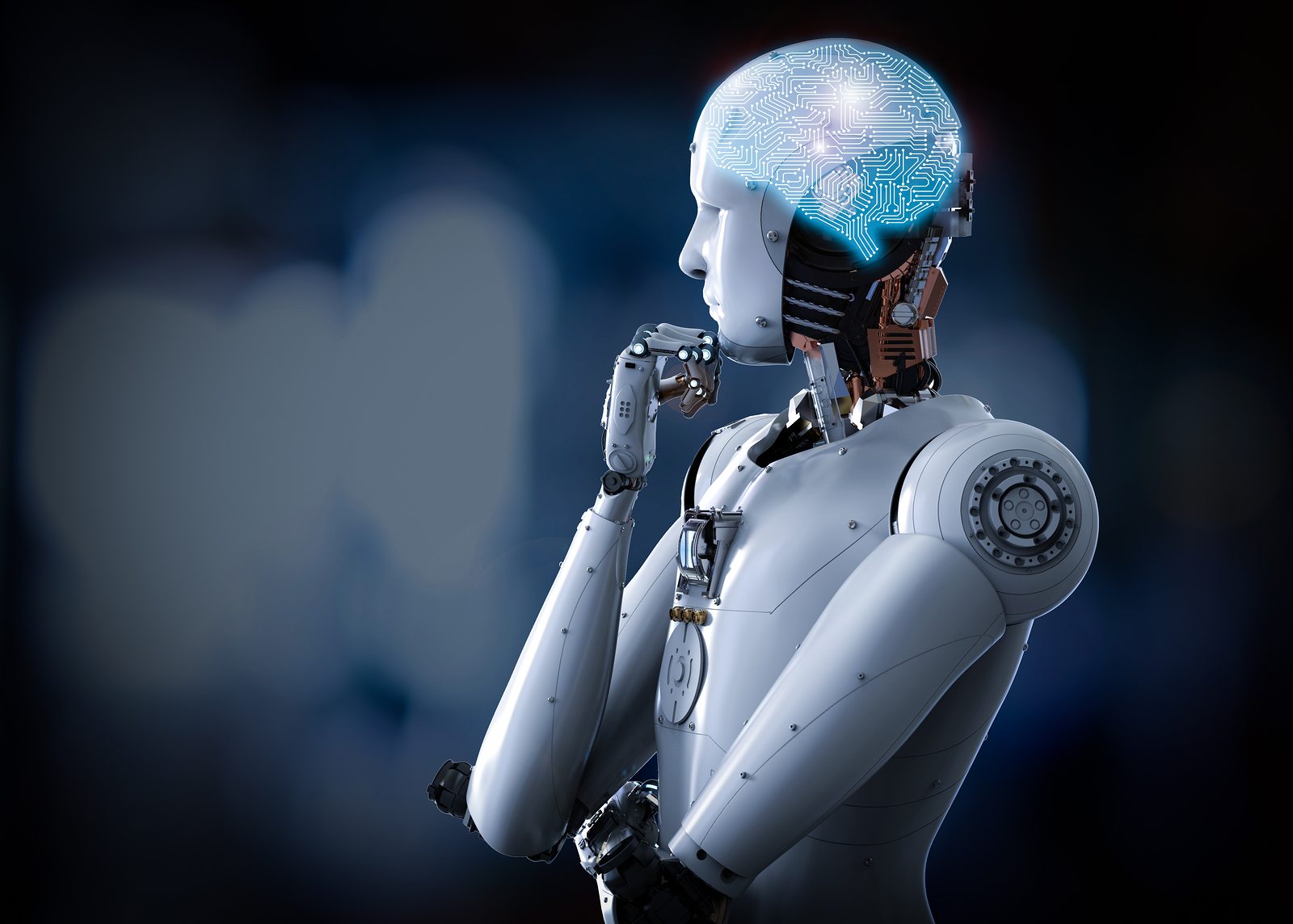
The Rise of AI: Unleashing the Future

Artificial intelligence, often referred to as AI, has become one of the most transformative technologies of our time. With its ability to mimic human intelligence and perform tasks that traditionally require human cognition, AI is pushing the boundaries of what is possible in various industries. From self-driving cars to voice assistants, AI is reshaping how we live, work, and interact with the world around us.
The rapid advancement of AI technology has sparked both excitement and concern among scientists, policymakers, and the general public. Some see AI as a powerful tool that can drive innovation and improve efficiency, while others worry about its potential impact on jobs, privacy, and society as a whole. As AI continues to evolve and permeate various aspects of our lives, it prompts us to ask important questions about ethics, regulation, and the future of humanity.
History of AI
AI has roots dating back to ancient civilizations like Greece, where philosophers pondered the concept of artificial beings. However, the formal discipline of AI emerged in the mid-20th century with the pioneering work of researchers like Alan Turing and John McCarthy.
During the 1950s and 1960s, the first AI programs were developed, focusing on tasks such as game playing and symbolic problem solving. This period witnessed significant advancements, leading to the coining of the term ‘artificial intelligence’ and the formation of AI as a distinct field of study.
The 1980s and 1990s marked a shift towards more practical applications of AI, with research focusing on expert systems, natural language processing, and machine learning. These decades laid the foundation for the modern AI landscape, setting the stage for the rapid advancements and widespread integration of artificial intelligence in various industries today.
Current Applications
Artificial intelligence has already made significant strides in various industries, revolutionizing the way tasks are performed. In healthcare, AI is being used to analyze complex medical data, aiding in diagnostics and personalized treatment plans.
In the realm of finance, artificial intelligence algorithms are being employed to detect fraudulent activities and predict market trends with remarkable accuracy. By leveraging AI capabilities, financial institutions are able to streamline their operations and enhance security measures.
Moreover, AI has found its way into the customer service sector, where chatbots and virtual assistants powered by artificial intelligence algorithms are being utilized to provide instant support and improve overall customer experience. These automated systems are adept at handling inquiries and resolving issues promptly, leading to increased customer satisfaction levels.
Artificial Intelligence Search
Future Implications
The advancement of artificial intelligence has ignited a transformative wave across various industries. As AI technologies continue to evolve, we can anticipate significant disruptions in traditional business models and workflows. Organizations that harness the power of AI stand to gain a competitive edge in the global market, driving innovation and efficiency in ways previously unimaginable.
In the realm of healthcare, artificial intelligence holds the promise of revolutionizing diagnoses and treatment plans. With AI-powered tools for analyzing vast amounts of medical data, healthcare professionals can make more accurate and timely decisions, ultimately improving patient outcomes. The integration of AI into healthcare systems has the potential to enhance preventive care strategies and personalize medicine based on individual genetic profiles.
One of the most profound future implications of artificial intelligence lies in its impact on societal dynamics. As automation becomes more prevalent in industries like manufacturing and transportation, there will be a shift in the nature of work. The rise of AI is expected to create new job opportunities in tech-related fields while also necessitating upskilling and reskilling initiatives for workers to adapt to the changing labor landscape. Additionally, ethical considerations surrounding AI governance, data privacy, and algorithmic bias require careful attention to ensure that the benefits of artificial intelligence are equitably distributed across diverse populations.



